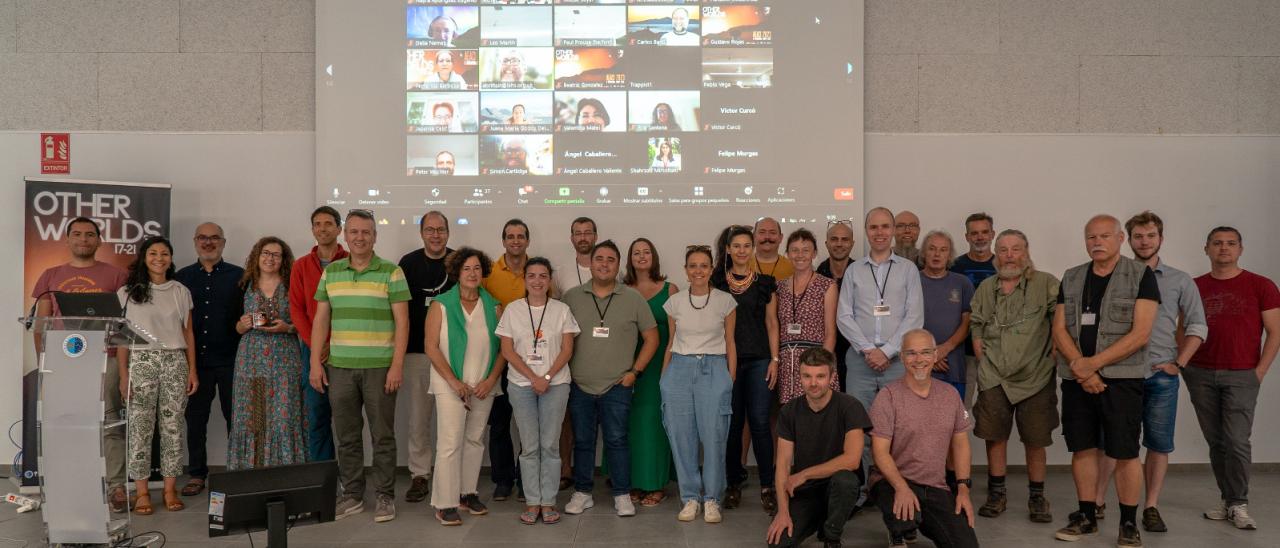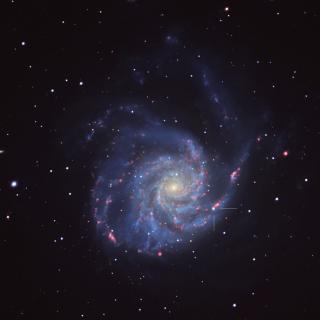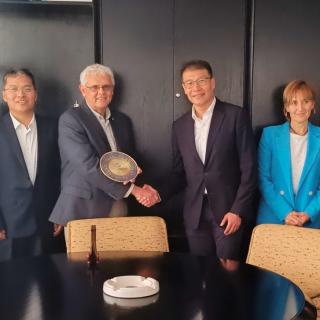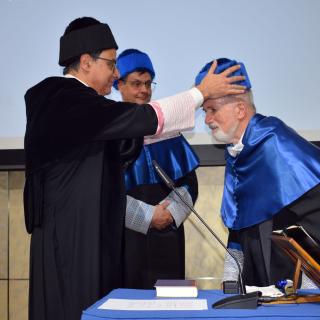The Instituto de Astrofísica de Canarias (IAC) and NUCLIO have joined hands once again to carry out the IX Educational Adventure in Astronomy in the Canary Islands (AEACI) in July 2023. Under the theme "Other Worlds", this edition highlighted the latest discoveries and advances in research on extrasolar planets, the Solar System and applications of astrophysical technology in other fields, such as Earth observation from space. The AEACI 2023 focused, as on previous editions, on the practical application of these contents to STEM education (Science, Technology, Engineering and Mathematics).
The course took place between July 17 and 22 and brought together 65 educators from 19 countries in a hybrid format that allowed for both face-to-face participation in La Laguna, Tenerife, and online. The main objective of the school was to give teachers the tools and knowledge necessary to stimulate their students' interest in science and technology through the implementation of research projects in Astronomy and surrounding areas. The use of methodologies that promote critical thinking, problem-solving skills and the recognition of the sky as part of the human heritage was also encouraged.
The AEACI 2023 began with an opening talk by Rafael Rebolo, Director of the IAC, who provided an overview of the Institute's research and innovation activities, kicking off a week full of learning and exploration in the field of astrophysics.
The school was attended by teachers from all levels of pre-university education, mainly from secondary schools. Each day, the participants had the opportunity to attend lectures on various Astrophysics topics given by professional researchers. In addition, they received training on practical astronomy activities that can be carried out in the classroom, including observations with robotic telescopes, the use of software for astronomical image analysis, modeling of exoplanet transits, observation and study of Solar System planets (such as Jupiter and Venus) and participation in citizen science projects such as ExoClock which involves the observation of exoplanet transits and the contribution of valuable scientific data for future space missions.
In addition to the educational sessions, the on-site participants had the opportunity to visit emblematic places including the Teide Observatory (OT), where they learned about several professional telescopes. There was also a visit to the Roque de los Muchachos Observatory (ORM), where they had the opportunity to get a close look at the Gran Telescopio Canarias (GTC), the largest optical-infrared telescope in the world, the Telescopio Nazionale Galileo (TNG) and the MAGIC and LST-1 telescopes.
For those who could not attend in person, the sessions were recorded and will be available soon on the PETeR project website, to fulfill AEACI 2023's goal of making practical astronomy accessible to all educational centers which require it.
The face-to-face course took place in the multipurpose room of the IACTEC building, where a very pleasant atmosphere was created for learning and exchange of experiences and knowledge among the participants. Their enthusiasm and the assessments of AEACI 2023 make us hope that this event will inspire teachers to bring Astronomy and Science to their classrooms with the same passion and commitment they showed during the school.



